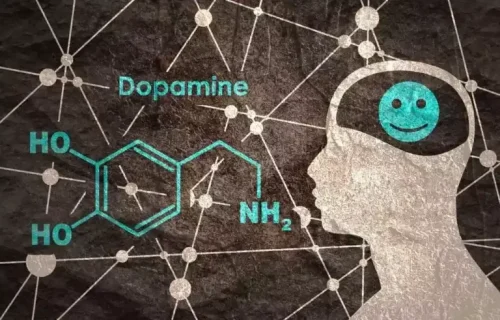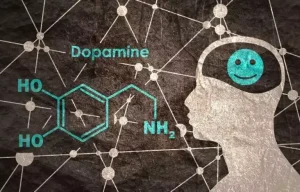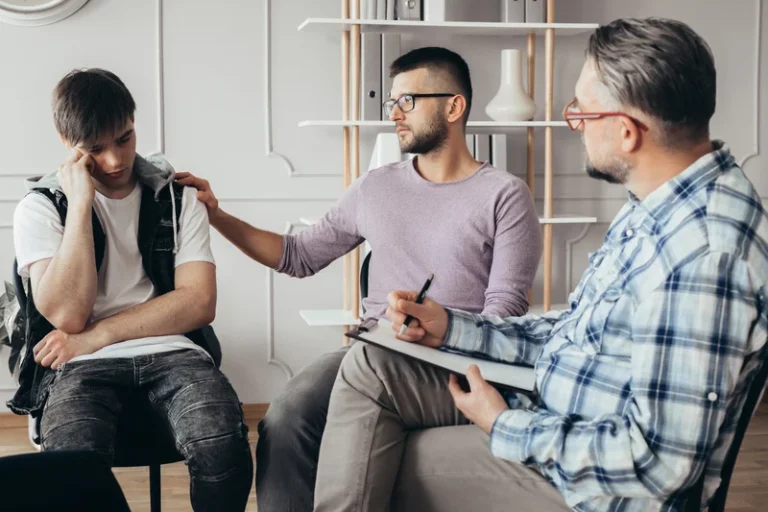
But the truth is, drinking regularly—even moderate drinking—is much more likely to interfere with your sleep than to assist it. Consuming two servings of alcohol per day for men and one serving for women can reduce sleep quality by 9.3%. However, even small amounts of alcohol can have noticeable effects in some people. During the final hours of sleep when alcohol is metabolized by the body, it can have a disruptive effect on sleep, causing frequent waking and fragmented sleep. Ultimately, alcohol can decrease the amount and quality of sleep you get. Whatever you want to call it, it’s hard to deny the exhausting epidemic affecting millions of people all over the world.

Does Sleeping Sitting Up Help Sleep Apnea?
Since alcohol affects everyone differently, it’s important to understand where your limit lies and how much alcohol you can drink before it starts to affect your sleep. If you’re looking for https://ecosoberhouse.com/ ways to improve your sleep, an easy place to start is by adopting healthy sleep hygiene habits such as keeping a consistent sleep schedule and creating a calming bedroom environment. Many people turn to alcohol to cope with difficult feelings, but alcohol may end up having the opposite effect if it interferes with sleep. For example, people with moderate or severe anxiety who use alcohol in hopes of sleeping better are actually more likely to have sleep problems. Similarly, studies on bereaved individuals have found that using alcohol to cope with grief increases the risk of developing major depression, which is itself a risk factor for sleep disturbances.
- «First of all, it increases our initial deep sleep, disrupting our sleep stages’ overall balance,» he said.
- This perceived benefit, combined with cultural traditions and social norms, has contributed to the enduring popularity of nightcaps.
- Again, REM is our slow-wave, deeply restorative, and emotionally supportive stage (9).
- The percentage of the night spent in different sleep stages (Rechtschaffen and Kales 1968) in men and women with alcoholdependence and sex-matched control.
Individualized, evidence based treatment, to fit your needs.

The circadian rhythm is your body’s internal clock, which helps you feel awake during daylight hours and sleepy at night. A crucial part of your circadian rhythm is melatonin production — a natural sleep-inducing hormone. As it gets dark, the pineal gland starts releasing melatonin, so your body can transition more smoothly into sleep.
Can moderate alcohol consumption still affect my sleep?
You probably enjoy the occasional glass of wine with dinner or cocktail with friends, but did you know that even light alcohol consumption can negatively impact your sleep? Today, we alcoholism symptoms dive deeper into the connection between alcohol and sleep to discover if a harmonious relationship between the two is possible. It’s not because I don’t appreciate a glass of wine with a great meal, or a few beers on a hot summer evening. It’s because I know what alcohol can do to sleep and healthy circadian rhythms.
- But it can actually end up robbing you of a good night’s rest — or worse, could cause some challenging sleep problems.
- Having alcohol-free days can help – you should be sleeping better and find it easier to wake up in the morning.
- Alcohol interferes with these circadian rhythms regulating the liver, and can contribute to compromised liver function, liver toxicity, and disease.
- Since alcohol affects everyone differently, it’s important to understand where your limit lies and how much alcohol you can drink before it starts to affect your sleep.
- Studies of the effects of repeated alcohol administration over multiple nightsare rare and suffer from small sample sizes.
- It’s important to note that while these improvements are encouraging, they may not be consistent every night.
- In the short term, these alterations to our sleep pattern can lead to a restless second half of the night.
- Dr. Chester Wu is double board certified in Psychiatry and Sleep Medicine, and provides sleep medicine services, medication management, and psychotherapy to adults at his private sleep medicine and psychiatry practice.
Blue-light suppresses the secretion of a hormone called melatonin, which keeps your brain awake and makes it harder for you to fall asleep. Other than inducing sleep, drinking a safe amount of alcohol could also reduce the risk of heart diseases, stroke, or diabetes. However, drinking more than the recommended amount will definitely be detrimental to your health. If you are considering taking melatonin supplements to help you fall asleep, speak with your doctor first. They can make sure that melatonin supplements are a good choice for you, given your symptoms, illnesses, or any medications you’re on.
Learn More About Sleep Apnea

To get my sleep (and health) back on track, I’ve decided to temporarily quit drinking and do a dry month challenge. Here, learn more about how alcohol affects sleep and the many benefits you can expect from a dry month. I’ve never been a huge drinker, but I’ve definitely imbibed more than usual over the last year and a half. With all the added stress from the pandemic, I’ve found myself reaching for a large glass—or two, let’s be real—of wine almost every night.
Factors to Consider When Choosing a Nightcap

Yes, alcohol consumption can exacerbate sleep apnea symptoms by relaxing the muscles in the throat and increasing the likelihood of airway obstruction during sleep. If you have sleep apnea, it’s crucial to avoid alcohol, especially close to bedtime. Regular physical activity can improve sleep quality and help counteract the negative effects of alcohol on sleep. Maintain a regular sleep schedule and create a relaxing bedtime routine to promote better sleep quality, regardless of alcohol consumption. Alcohol can alcohol help you sleep can initially suppress the activity of glutamate, a neurotransmitter involved in arousal and wakefulness.
It Interferes With Your Circadian Rhythm
This, too, can wake you up in the middle of the night, sometimes more than once. And the more water your kidneys release, the higher the chances you’ll get dehydrated. Dehydration can give you a headache; and pain itself can cause poor sleep.
- Alcohol is not an effective long-term solution for insomnia and may exacerbate the condition over time.
- Understanding the effects of alcohol on sleep is the first step toward preventing alcohol-related sleep problems.
- Sleep deprivation can be as impairing as being drunk, so the benefits of consistently good sleep cannot be overstated.
- Similarly, studies on bereaved individuals have found that using alcohol to cope with grief increases the risk of developing major depression, which is itself a risk factor for sleep disturbances.
- They rip through your system, disrupting everything in their path, and in the wake of their heist, they hijack REM sleep—bad news for memory, mood, and focus—and wake you from your booze snooze in a groggy daze.
- Here, muscles become temporarily paralyzed but eye movement resumes, breathing and heart rate speed up, and the brain is very active.
Drinking and anxiety.

Tips for a successful dry month include being clear about intentions, enlisting a friend for support, replacing drinking with other activities, keeping alcohol out of sight, and enjoying tasty non-alcoholic beverages. When your body has eliminated the alcohol, the substance’s sedative effects will have worn off, which is also why you may start to feel how disrupted your sleep is. At this stage, you’re likely to have broken sleep punctuated by frequent awakenings. The next morning, you may not even remember waking during the night, but you’ll wake up feeling under-rested due to falling in and out of sleep repeatedly.

